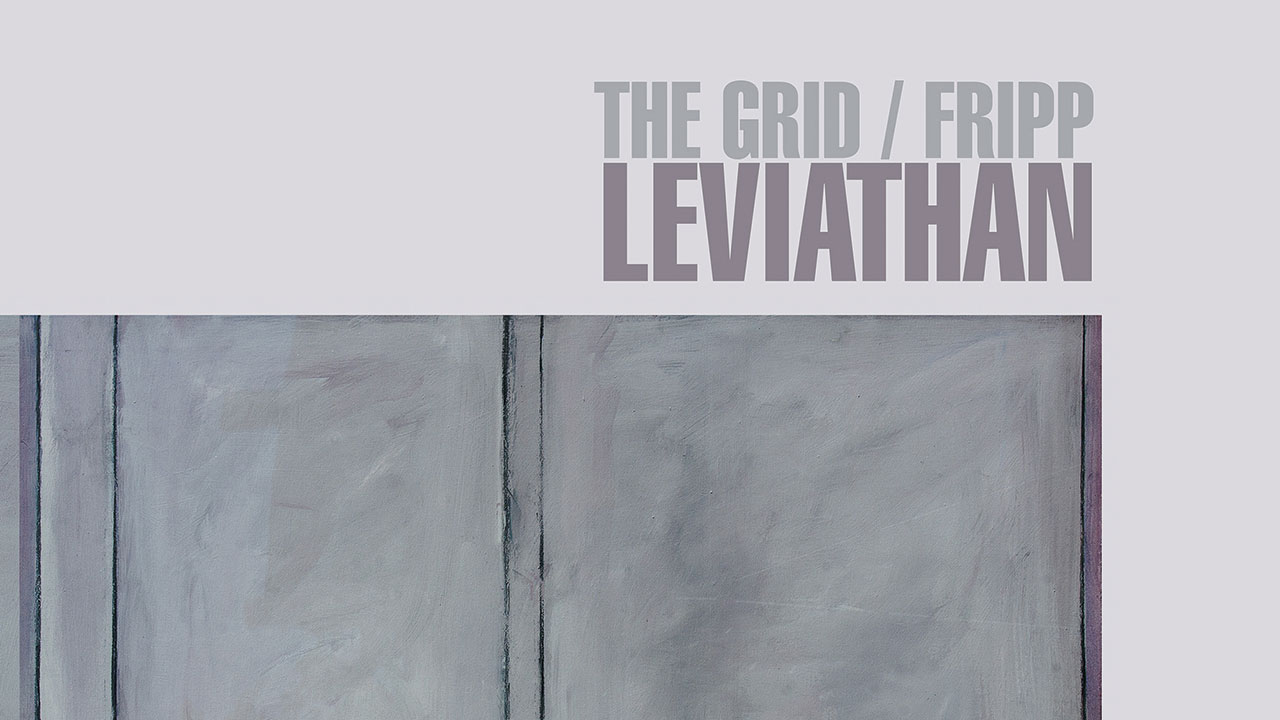You can trust Louder
When Richard Norris and Soft Cell’s Dave Ball, better known as The Grid, rediscovered a tranche of unused soundscapes from sessions with Robert Fripp during the early 1990s, when the guitarist’s ethereal ’scaping graced The Grid’s 456 and Evolver albums, they were galvanised into action.
The result is a rather beautiful sequence of pieces in which rich synth tones unfurl and stretch in tandem with Fripp’s languid note building. The already widescreen, cinematic creations really go up a gear when heard in a brand new 5.1 surround mix by David Singleton, Fripp’s co-producer and creative partner at DGM. In this medium, the low drones transform in window-rattling subsonics while diaphanous, spacey strings reach out to entangle and embrace.
By all accounts, Fripp enjoyed the original sessions. King Crimson were still on hiatus after the 80s incarnation had run its course and Fripp was engaged in solo projects such as the League Of Crafty Guitarists and the collaboration with David Sylvian that lead to 1993’s joint album, The First Day. This particularly fertile period also saw Fripp turning up on albums by Iona and No-Man, and tendrils of his soundscapes spread like a benign mycelium to the newer generation of electronic musicians that included Future Sounds Of London, The Orb offshoot FFWD, and The Grid themselves.
Norris and Ball demonstrate a real empathy to Fripp’s intricate constructions, sensitively sculpting and augmenting them with a subtle array of keyboards and atmospheric scene setting that not only build narrative and tension within each track but add momentum, preventing any cloying stasis. Loom, with its oscillating thrum and descending chords, is perhaps the best example of this, honing the stirring emotion lying at the heart of Fripp’s playing, and pressing it into yearning reveries. More demonstrative pulses, rhythms, and beats manifest later in the album, where the most direct link to what might be described as dance music is found on the loping ear worms Sympatico, Zhora and Fire Tower.
It’s an engaging and somewhat serene experience with Fripp’s thoughtful layering of chords radiating in leisurely waves, not unlike the way whale song travels across vast oceans. That seems appropriate considering the album’s title derives from Phillip Hoare’s 2009 book, Leviathan Or, The Whale chronicling that author’s obsession with whales. In the accompanying press release, Richard Norris wryly notes, “Whales are quite mysterious. Their brains are enormous, and we don’t quite know what all the brain power is doing. A bit like Robert really.”
Sign up below to get the latest from Prog, plus exclusive special offers, direct to your inbox!
Sid's feature articles and reviews have appeared in numerous publications including Prog, Classic Rock, Record Collector, Q, Mojo and Uncut. A full-time freelance writer with hundreds of sleevenotes and essays for both indie and major record labels to his credit, his book, In The Court Of King Crimson, an acclaimed biography of King Crimson, was substantially revised and expanded in 2019 to coincide with the band’s 50th Anniversary. Alongside appearances on radio and TV, he has lectured on jazz and progressive music in the UK and Europe.
A resident of Whitley Bay in north-east England, he spends far too much time posting photographs of LPs he's listening to on Twitter and Facebook.


